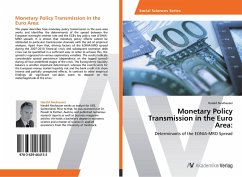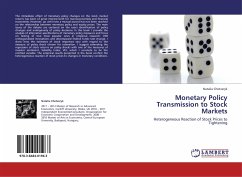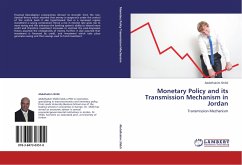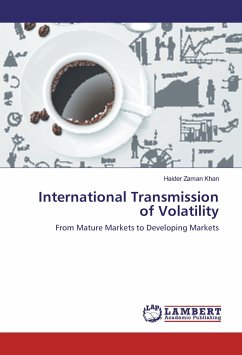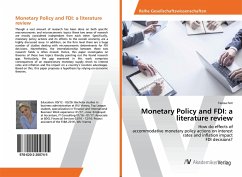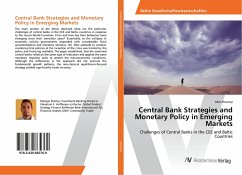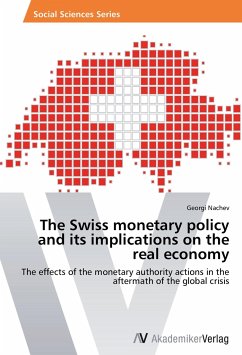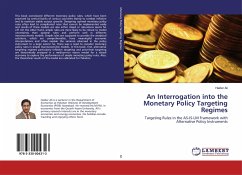This paper describes how monetary policy transmission in the euro area works and identifies the determinants of the spread between the European overnight interest rate and the ECB's key policy rate (EONIA-MRO spread). It is shown that monetary policy effects cannot be attributed to particular transmission channels with the aid of empirical analyses. Apart from that, driving factors of the EONIA-MRO spread during the 2007-2010 financial crisis and subsequent sovereign debt crisis can be quantified in a sufficient way. In order to achieve this, the spread is regressed on various explanatory variables. The results indicate considerable spread persistence (dependence on the lagged spread) during all four predefined stages of the crisis. The Eurosystem's liquidity balance is another important determinant, whereas the coef-ficients for the European money market liquidity risk and the bank credit risk show inverse and partially unexpected effects. In contrast to other empirical findingsall significant vari-ables seem to depend on the state/magnitude of the crisis.
Hinweis: Dieser Artikel kann nur an eine deutsche Lieferadresse ausgeliefert werden.
Hinweis: Dieser Artikel kann nur an eine deutsche Lieferadresse ausgeliefert werden.

